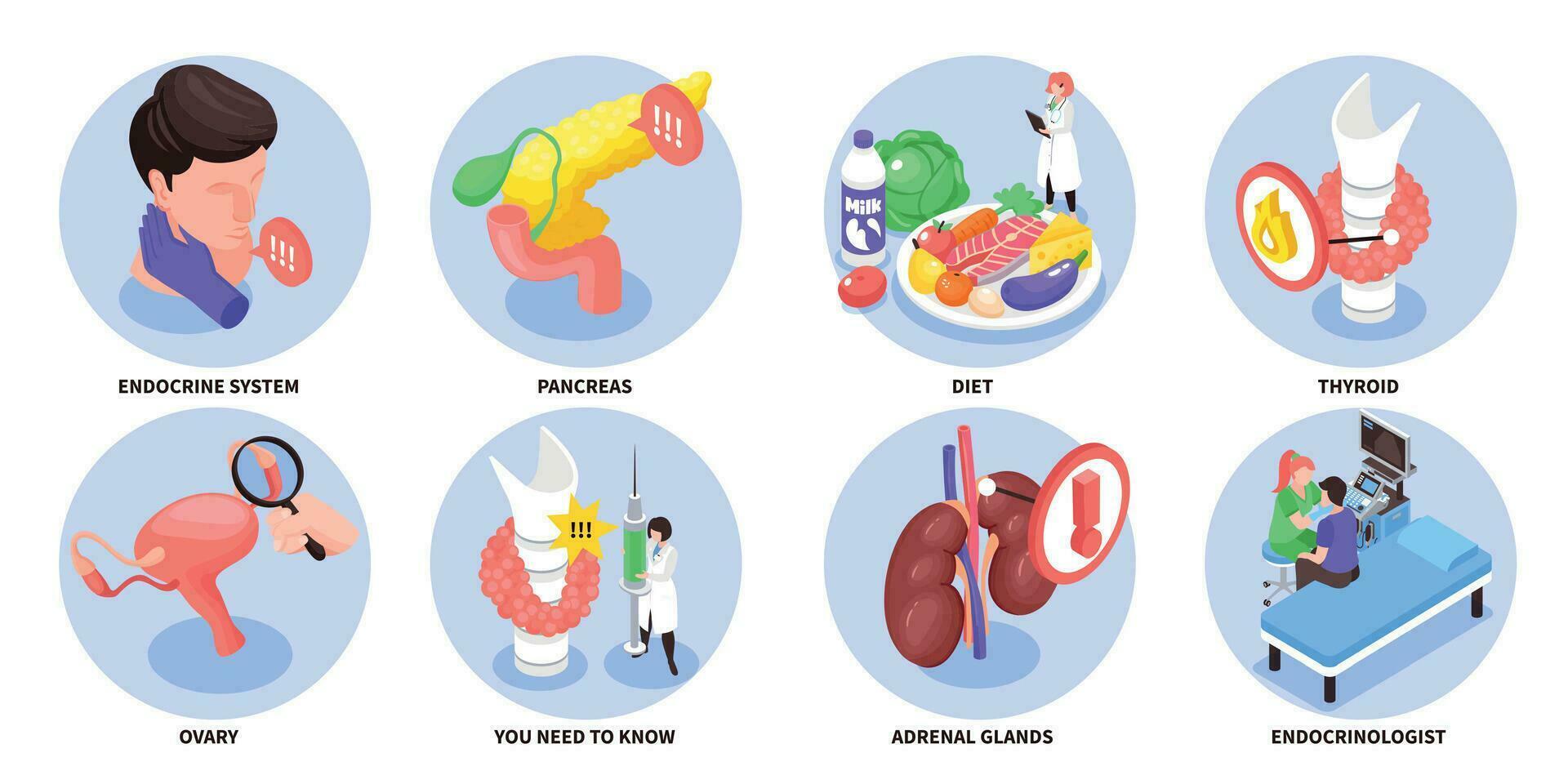Best Endocrinologist in Texas: Identified Proficiency in Hormonal Medicine
Wiki Article
The Scientific Research Behind Hormonal Agent Regulation: Insights From an Endocrinologist
The Science Behind Hormone Guideline: Insights From an Endocrinologist uses a detailed exploration of the elaborate processes involved in hormonal agent policy. Whether you are a medical professional seeking a much deeper understanding of endocrine feature or a private interested in learning about the scientific research behind hormonal agent law, this book is an invaluable resource.Hormones and Their Features
Hormonal agents play vital functions in the policy and coordination of numerous physical processes within the body. These chemical carriers are created by endocrine glands and are released right into the bloodstream, where they travel to target cells or body organs to exert their effects. The features of hormones are diverse and incorporate practically every aspect of human physiology.Among the primary features of hormones is to maintain homeostasis, which is the steady internal setting required for the body to work ideally. Insulin, a hormone generated by the pancreas, manages blood glucose degrees by promoting the uptake and storage space of glucose in cells. Another hormonal agent, cortisol, helps the body react to stress by boosting blood sugar degrees and subduing the immune system.
Hormonal agents also play critical roles in development and growth. Growth hormonal agent, generated by the pituitary gland, stimulates the growth of bones and cells, while thyroid hormones manage metabolism and influence the growth of the nervous system - endocrinologist in liberty hill. Furthermore, reproductive hormonal agents, such as estrogen and testosterone, are responsible for the development and maintenance of additional sex-related features and the regulation of the menstrual cycle
The Endocrine System: An Introduction
Playing a crucial function in the guideline and control of physical procedures, the endocrine system is an intricate network of glands that produce and release hormonal agents into the bloodstream. These glands, including the hypothalamus, pituitary gland, thyroid gland, adrenal glands, pancreas, ovaries, and testes, secrete hormones that serve as chemical messengers, influencing different physical features. The endocrine system operates in combination with the nerves to preserve and manage homeostasis, making sure that the body's internal environment continues to be steady.It generates hormonal agents that hinder the release or stimulate of hormonal agents from the pituitary gland, which in turn manages the activity of various other endocrine glands. The thyroid gland, located in the neck, produces hormonal agents that control metabolic process and power equilibrium.

Law of Hormonal Agent Production
The policy of hormone manufacturing includes a complicated interplay in between different glands and comments mechanisms within the endocrine system. Hormonal agents are chemical carriers that play an important role in keeping homeostasis and working with different physiological procedures in the body. The production of hormonal agents is securely managed to ensure the correct functioning of the endocrine system.The hypothalamus, situated in the brain, works as a vital regulator of hormonal agent production. It releases hormonal agents that stimulate or hinder the production of hormones by the pituitary gland, which is usually referred to as the "master gland" of the endocrine system. The pituitary gland, in turn, creates hormones that act upon numerous target glands throughout the body, promoting them to generate and release details hormones.
Feedback systems additionally play a vital role in hormone guideline. When hormonal agent degrees climb above or fall listed below the optimum array, the body triggers devices to either decrease or increase hormone production, respectively, to restore balance.
Feedback Loops in Hormone Guideline
Responses loopholes play an essential duty in the guideline of hormone manufacturing. These loopholes entail a collection of interactions in between the endocrine glands, hormonal agents, and target body organs to preserve homeostasis in the body. There are two kinds of feedback loopholes: adverse responses and favorable comments.When hormonal agent levels climb above a specific threshold, the hypothalamus in the mind indicates the pituitary gland to lower hormone production. Alternatively, when hormonal agent levels go down below the threshold, the hypothalamus additional hints boosts the pituitary gland to enhance hormonal agent production, restoring equilibrium.
Positive responses loopholes, on the other hand, magnify hormone production. This takes place when a hormone boosts the launch of even more of the same hormonal agent, leading to a rapid boost in its degrees. Nevertheless, favorable feedback loops are much less common in hormonal agent policy and are normally entailed in specific physiological procedures, such as giving birth and lactation.
Elements Influencing Hormonal Agent Equilibrium
Variables influencing hormone equilibrium consist of dietary choices, way of life routines, and ecological direct exposures. These elements can have a considerable influence on the delicate balance of hormones in the body, impacting different physical procedures and overall health and wellness.Nutritional selections play a crucial duty in hormonal agent regulation. Consuming a balanced diet that includes a selection more tips here of nutrients is essential for maintaining hormone equilibrium. Specific nutrients, such as omega-3 fatty acids, vitamins, and minerals, are especially essential for ideal hormone function. On the various other hand, a diet regimen high in refined foods, improved sugars, and unhealthy fats can interrupt hormonal agent levels and result in discrepancies.
Appropriate sleep is vital for hormone production and guideline, as disrupted sleep patterns can lead to imbalances. In addition, chronic stress and anxiety can dysregulate the hypothalamic-pituitary-adrenal (HPA) axis, a crucial player in hormonal agent policy, leading to a waterfall of hormonal inequalities.

Verdict
To conclude, recognizing the scientific research behind hormone regulation is necessary for maintaining general wellness and well-being. Hormonal agents play vital roles in various physical features, and their production is controlled by intricate feedback loops. Aspects such as diet plan, stress and anxiety, and lifestyle selections can affect hormonal agent balance. By studying and comprehending these mechanisms, we can better comprehend and handle hormone-related conditions, eventually causing boosted health and wellness outcomes.The Science Behind Hormone Law: Insights From an Endocrinologist uses a detailed exploration of the detailed procedures involved in hormonal agent policy. It produces hormonal agents that hinder the launch or skin hospital stimulate of hormones from the pituitary gland, which in turn manages the activity of various other endocrine glands. It launches hormones that inhibit the manufacturing or stimulate of hormonal agents by the pituitary gland, which is often referred to as the "master gland" of the endocrine system. The pituitary gland, in turn, generates hormones that act on different target glands throughout the body, boosting them to produce and launch particular hormonal agents.
When hormone degrees rise above a particular threshold, the hypothalamus in the mind signifies the pituitary gland to decrease hormonal agent production. (Endocrinology)
Report this wiki page